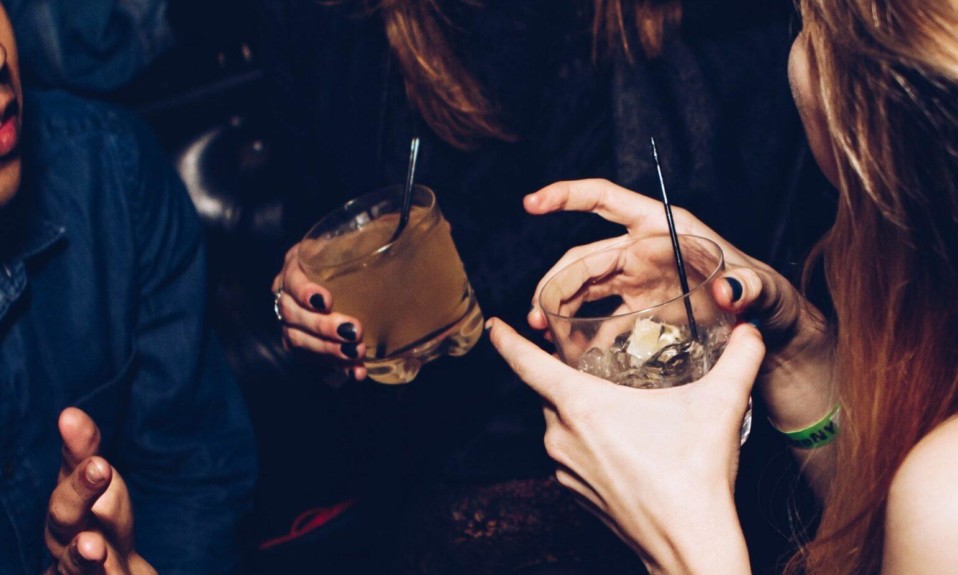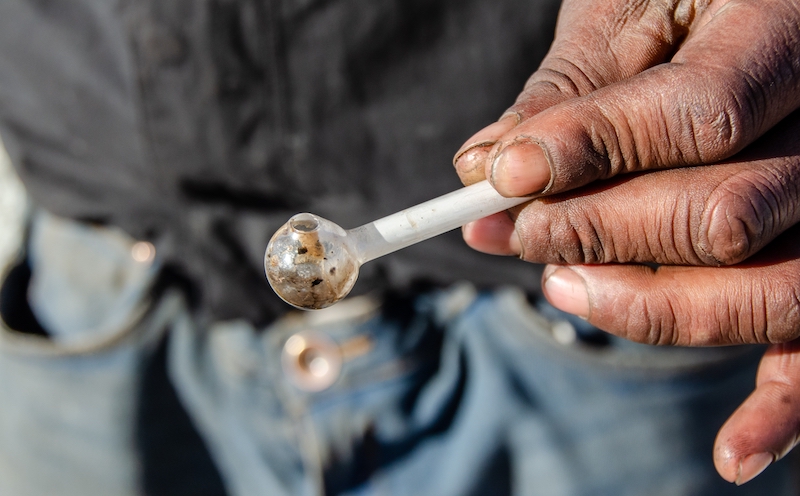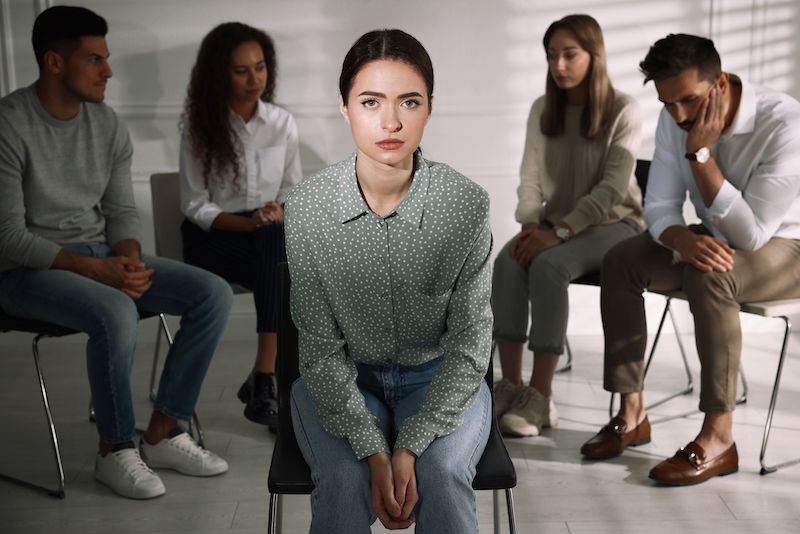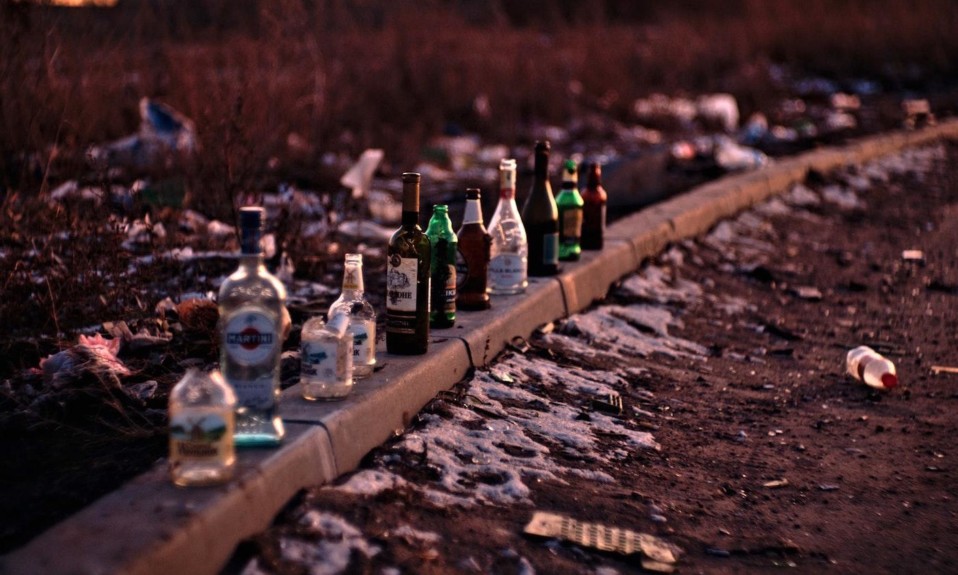Research conducted over 10 years on relationship of tolerance to alcohol reveals a new story about alcoholism
By Jason Langendorf
January 12, 2021Addiction experts have long believed that people who drink to excess develop a tolerance to alcohol, leading many to consume even more in the future in order to derive the same pleasurable effects. A new study paints a different picture.
Earlier this month, the American Journal of Psychiatry published a study by researchers at the University of Chicago that found subjects who reported the highest level of stimulation, or pleasant effects, from alcohol at the start of the 10-year trial were more likely to develop alcohol use disorder (AUD).
Additionally, at the end of the study, those same subjects reported the highest levels of stimulation of all participants, with no diminished pleasurable effects—only a higher tolerance to alcohol’s sedative effects.
It all fits a picture of persistent pleasure-seeking that increases the likelihood of habitual excessive drinking over time.”—Andrea C. King, Ph.D., lead researcher, University of Chicago Medicine
Lead researcher Andrea C. King, Ph.D., professor of psychiatry and behavioral neuroscience at the University of Chicago Medicine, told UChicago News that her group’s observations of the most alcohol-sensitive study participants run counter to what had been considered established addiction science.
“Their response to the positive effects of alcohol wasn’t diminished at all,” she said. “In fact, when we would pick apart what occurred during an alcohol binge, their response often appeared to be very rapid, and the enjoyable effects of alcohol seemed to escalate quickly.”
The study tracked 190 young adults who were not alcoholics in three lab-based binge-drinking sessions. Researchers interviewed them at near-annual intervals over the course of 10 years. King suggests that the length of her study and its focus on alcohol’s pleasurable effects—rather than its inducement of fatigue or impairment—set her group’s research apart from past studies, which may help to explain the contradictory results.
“It all fits a picture of persistent pleasure-seeking that increases the likelihood of habitual excessive drinking over time,” she said. “Alcoholics were thought to need to drink more to finally get their desired effect when they drink, but these well-controlled data do not support that contention. They get the desirable alcohol effect early in the drinking bout, and that seems to fuel wanting more alcohol.”
King says she already is incorporating the study’s findings into her work with therapy clients, and hopes to help inform individuals who see others who are able to stop at a couple drinks and may be frustrated because they find they aren’t able to do the same.
Alcoholics were thought to need to drink more to finally get their desired effect when they drink, but these well-controlled data do not support that contention.”—Andrea C. King
“I tell them it may be because your brain responds differently to alcohol that makes it harder to stop drinking once you start,” King said. “Knowing that information can empower a person to make different decisions.”
King believes this knowledge has the potential to lead to more early-intervention opportunities and specialized approaches to AUD therapy, based on a patient’s individual response to alcohol.
Photo: Michael Disenza













